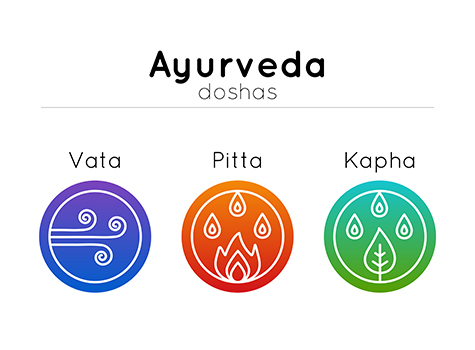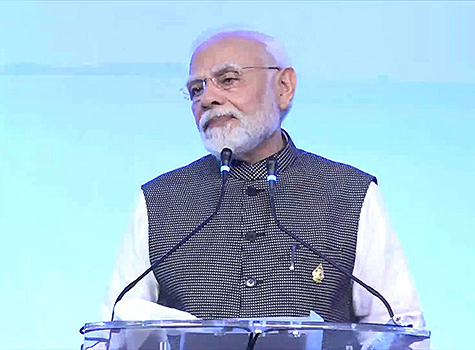So what is this elusive soul that devils and gods fight over? Numerous religious myths have evolved around the legend of the invisible, undefinable human soul. Could soul be the percussive beat of the human heart? Is the life-sustaining rhythmic beat of a heart the soul that devils are in the market for? Or is soul simply an abstraction, the unsolvable formula keeping god myths, as well as, arguably, a person’s hopes alive.
Most people have an obtuse connection with their souls or at least their perception of their soul. Folks go to all sorts of trouble in order to find, define, save, or perpetuate their souls. I believe the mystery of the human soul is simpler than that. The answer is subtle, and it surrounds us. Soul is the essence of humanity. Soul is basic human goodness, compassion. Soul is joy and colors. The physical and audible manifestation of the human soul may very well reside in the music humans create.
Music represents the true soul of humans. Humanity’s capacity to communicate via music, whether through rhythmic percussion or voice, is the external communicative nature of soul. It wouldn’t be far-fetched to call music the collective soul of humanity. Music is the galactic language that transcends barriers, racial and ethnic divisions, breaks down inhibitions and dissolves mistrust. It is borderless and does not promote any specific ideology (of course the lyrics of songs can promote such, but those are personal words, and could be spoken without music). Music sings unity. People who don’t speak the same language, or aren’t part of the same culture, can converse through the rhythms, melodies and harmony of music.
The conversation need not be complicated. The simple progressions of three-chord punk rock can get heads swaying as much as an elaborate orchestral composition. The timeless drone of a sitar soothes just as much as a somber violin solo does.
Let the fear-mongers fight over the elusive human soul. It cannot be judged or tarnished. Music is true spirituality, able to transcend dogma. It cannot be broken.
The lilting notes of a piano or the universal language of percussion can help bring solace to a world of chaos. The rhythmic beat of a human heart is the simplest form of percussion. It is the rhythm that the earliest humans imitated through percussive instruments. The tribal drums of distant epochs called all within earshot to gather. A mother’s heartbeat, the rhythm and melody that sustains two beings, surely comforts a child growing restless in the womb. It is the first music that we all hear and feel.
Humans have always imitated nature’s music. Simple drums and the human voice are the oldest forms of musical expression. Humans learned to imitate the warbles of songbirds or the roars of predators at the earliest stages of evolution. There are countless sounds in nature that are the rhythms of the earth. A breeze dancing through the leaves, a slow flowing brook or birdsong are among myriad forms of nature’s music.
Music has color and texture. The great conductor Leopold Stokowski once mused, “A painter paints pictures on canvas, but musicians paint their pictures on silence.” Musicians can also goad otherworldly sounds from their instruments or lay down calls of spirituality through musical compositions.
The interactions between a sitar player and the tabla player, between the saxophonist and the drummer, between the guitarist and the bass player, are musical conversations spoken without a human word being uttered. But the stories they tell can fill volumes. A piece of chamber music performed by a few people or a complex orchestral composition performed by a symphony can be a short story or a multi-layered novel.
Music can evoke the freshness of an early morning or the fading twilight or the still of the night. It can hail the seasons. Spring is song. Summer the symphony. Winter is eternally in search of a warm note. Monsoons are the beats of countless drummers playing in unison.
The chill of winter fades to make spring sing. It is a sad person who isn’t moved by music or has lost the ability to appreciate the subtleties of music. There’s music out there for everyone.
Music can calm, infuriate, seduce, incite and make the stroll of time slow down, speed up, or bring focus. Ever have a song get stuck in your head? It might be a jingle from a TV commercial, or an old favorite ditty, or a children’s song that suddenly appears in your head and you can’t stop humming it the rest of the day.
A full symphonic orchestra can blanket a hall, a saxophonist can undress suppressed desires, a violinist can moisten the toughest eyes, and a tabla player can turn air into stellar dust.
There are so many genres of music that one can spend a lifetime studying them, collating them or understanding them. Indian classical music, whether it is Hindustani or Carnatic, can take a lifetime of learning to absorb and master. Indian classical musicians spend their lives in disciplined study and performance to obtain the learned and respected titles of Ustad or Pandit.
The German philosopher Friedrich Nietzsche once noted, “Without music life would be a mistake.” Music soothes the senses, it makes humans whole. It creates the mood for an actor to create a cold and rainy mood when it is bright and warm outside. Or it can raise spirits on a cold, dark and dreary day with uplifting and sunny vibrations.
Music stirs the senses and awakens spirituality. Let the devils and gods bicker. Let the merchants of soul haggle over its price. Human soul is a lullaby that calms a restless child, it is a poem that binds lovers till death, it is a children’s song sung while running around in circles, and it is an old country song sung during harvest or a sinewy jazz standard that brings back the forgotten feeling of a caress from an old love. There’s an innate feeling of warmth when a few notes of a familiar musical tune fires the senses.
Humans are constantly defining soul or searching for soul or trying to snatch someone’s soul.
Open your ears to the sounds of the world. You will hear other souls talking to you. Saying, hey, we’re not that different from each other. Those are the universal bonds of music, and the essence of the human soul.



